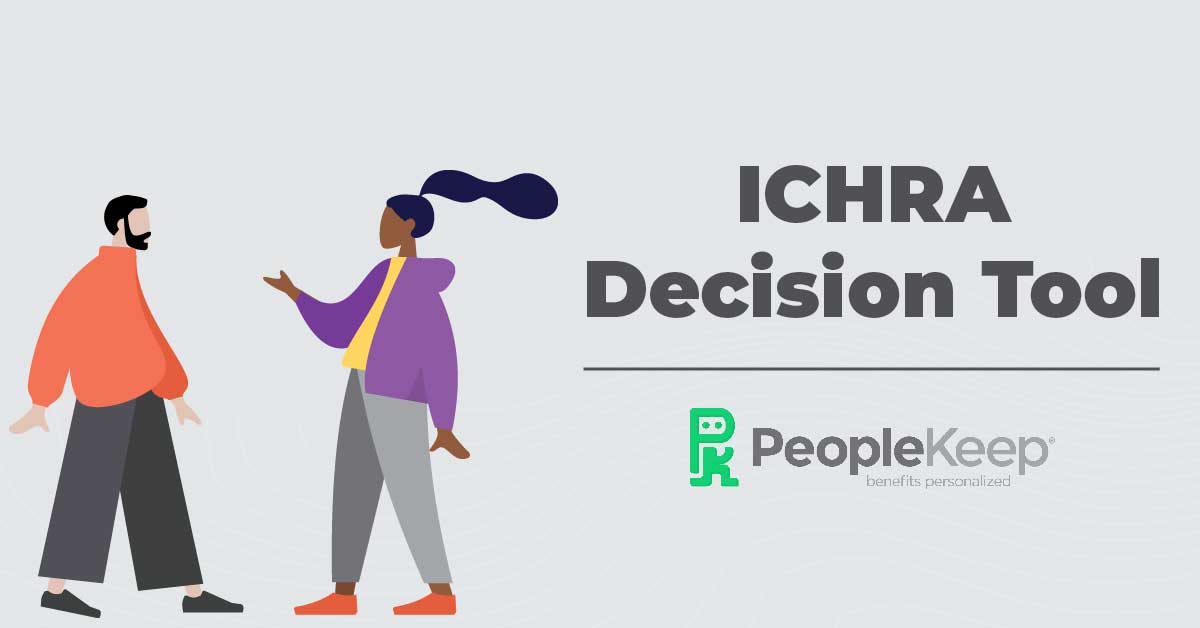Employer Health Insurance vs. Individual Plans - Which is Better?
By Christina Merhar on July 25, 2013 at 8:00 AM
There are two primary categories of health insurance for small business owners to evaluate for themselves and employees: individual and family plans, or employer health insurance (small business/group health insurance). So what is the difference, and which is better?
Individual and Family Plans
Individual and family health insurance plans are purchased by an individual to cover themselves and/or their family.
-
Anyone can apply for an individual or family plan through an insurance broker, online, or through the health insurance marketplaces.
-
Starting in 2014, all individual and family plans will be guaranteed-issue and federal health insurance subsidies will be available to eligible individuals to lower the cost of the premium expense.
-
Some self-employed persons who purchase their own health insurance may be able to deduct the cost of their monthly premiums.
-
Small employers, and some self-employed persons, can set up a pure defined contribution plan to reimburse individual and family plans, tax free.
-
The individual owns the policy, so coverage is not dependent on employment. Employees can take the policy with them when they leave the company or retire.
Like employer health insurance, individual health insurance covers medical expenses for illnesses, injuries, and medical conditions. But, unlike health insurance from an employer, individual health insurance is something individual employees select and pay for on their own.
Employer Health Insurance
Most people are familiar with employer health insurance, also referred to as group health insurance or group coverage. This is because in the past, most people had coverage through employer health insurance.
-
With employer health insurance, the company researches available plans, selects the insurance company, and picks plan options for employees.
-
Coverage is dependent on an individual's (or family member's) employment. When an employee leaves the company, the employer health insurance coverage ends. While there are ways for employees to extend coverage if employer based coverage ends (through COBRA), it is expensive and temporary.
-
Coverage is guaranteed-issue for employees, meaning there is no individual underwriting.
-
The employer health insurance rates are re-negotiated each year based on the group's previous year's health care costs.
-
There are certain requirements for minimum participation. The employer can share the cost of the premium with employees, but there are minimum contribution amounts for the employer.
Employer Health Insurance vs. Individual Plans
In the past, employer health insurance was the norm for health insurance coverage. Even to this day, many people don't know that individual plans are available. But, the landscape of employer health insurance is changing. To summarize:
-
Rising health care costs have made it difficult for employers, especially small employers, to pay for employer health insurance. For example, in 1999 employer health insurance cost $2,200/year to cover a single employee. Jump to 2012, and the cost has more than doubled to $5,600/year. Family coverage has increased even more from $5,800/year in 1999 to $15,750 in 2012. With the increased costs, benefits have remained similar or in many cases declined, and more of the cost has shifted to employees.
-
The emergence of defined contribution health plans allow employers to reimburse employees for individual health insurance premiums, as an alternative to the traditional employer health insurance. This trend has been gaining traction since 2002 because of the cost increases of employer health insurance.
-
The ACA (health care reform) accelerates this trend with guaranteed-issue individual plans and federal subsidies for individual plans.
Check out more resources
See these related articles

10 Things to Know When Applying for Individual Health Insurance
How to apply for individual health insurance. Here are 10 things you need to know when applying for an individual health insurance plan.

Easily compare group and individual insurance plans with our new tool
A new PeopleKeep tool makes comparing group and individual health insurance plans easy

Which Reimbursement Plans Can Be Used for Health Insurance?
Medical reimbursement plans can still be used on individual health insurance premiums. Learn which plans are still available.


